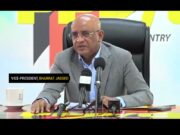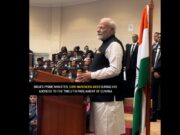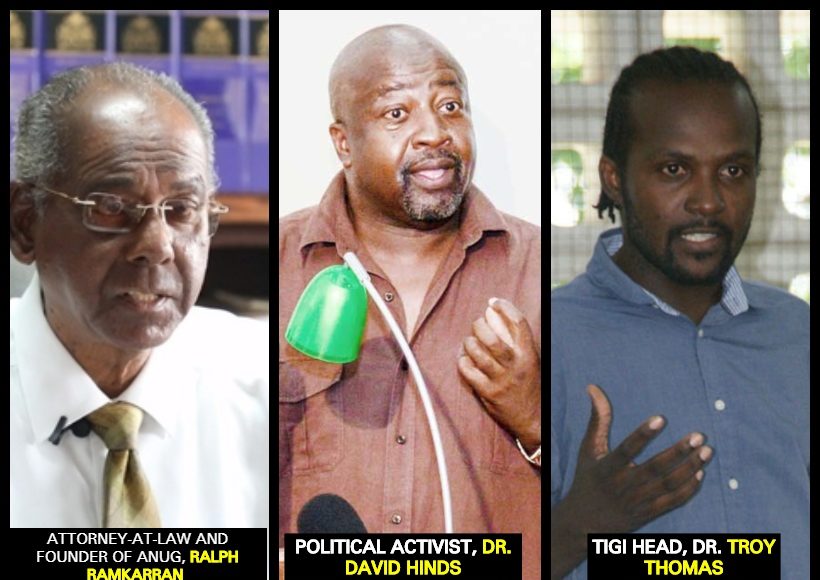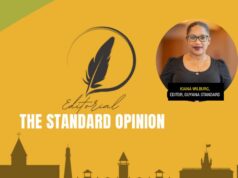Since the 2015 election campaign, the APNU+AFC portrayed itself as the party that has the utmost respect for the Constitution; a collection of principles which form the most absolute check on capricious authority. But since the passage of the controversial December 21, 2018 No-Confidence Motion (NCM), questions have surfaced about what principles truly flow through the political veins of this coalition.
Some transparency advocates have accused the young government of blatantly violating the Constitution and, as a result, pushing Guyana 10 steps backward due to its unquenchable desire for power.
Other critics have been more lenient. They say that the government has not violated the Constitution. In fact, they argue that Guyana has seen more respect for its laws from this government than any other in its history and that what the APNU+AFC engaged in was the abuse of the Constitution’s inherent loopholes.
In this Guyana Standard feature, we publish the meat of these views, held by three of the nation’s well-known public figures.
Ralph Ramkarran, Attorney-at-Law, former House Speaker
During an exclusive interview with this news agency, Ramkarran was adamant that, given the government’s behaviour, the nation has taken a step backward in several regards.
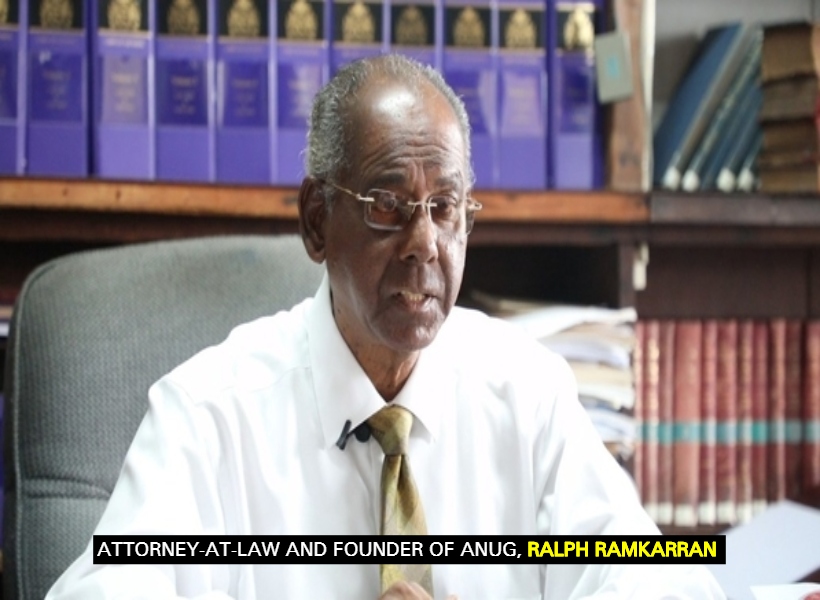
The former Speaker of the National Assembly said, “Immediately after the passage of the No-Confidence Motion, the Prime Minister and the President indicated that they would comply with the constitutional provisions and fix a date for elections and they didn’t. They chose instead to go to court, which is their right. But the High Court then said elections should be held and they should have been held by March 21 and they were not.”
“Then they went to the Appeal Court, prior to which, they did not obtain a stay of execution and so elections were still due. Then you saw the Guyana Elections Commission (GECOM) saying that they have to get a new voters’ list. The government relied on that excuse and the fact that the Speaker [of the House, Dr. Barton Scotland] advised them to go court [as the way forward would be guided by same] and they used all these excuses to violate the Constitution. So I can’t say that the government is observing the rule of law.”
Ramkarran said that when the government does not observe the rule of law, then the message that is being sent to the citizenry is that they can do it also.
He added, “We have taken a step backward in many respects, in the rule of law, failure of the government to implement constitutional provisions and introduce shared governance, and if that had happened all of these issues would not have arisen. We are in a crisis…because the government is refusing to keep its promises and that it is putting the country backward.”
Dr. David Hinds, Political Activist, University Professor
Executive Member of the Working People’s Alliance (WPA), Dr. David Hinds disagrees with the perception that Guyana has taken a few steps backward.
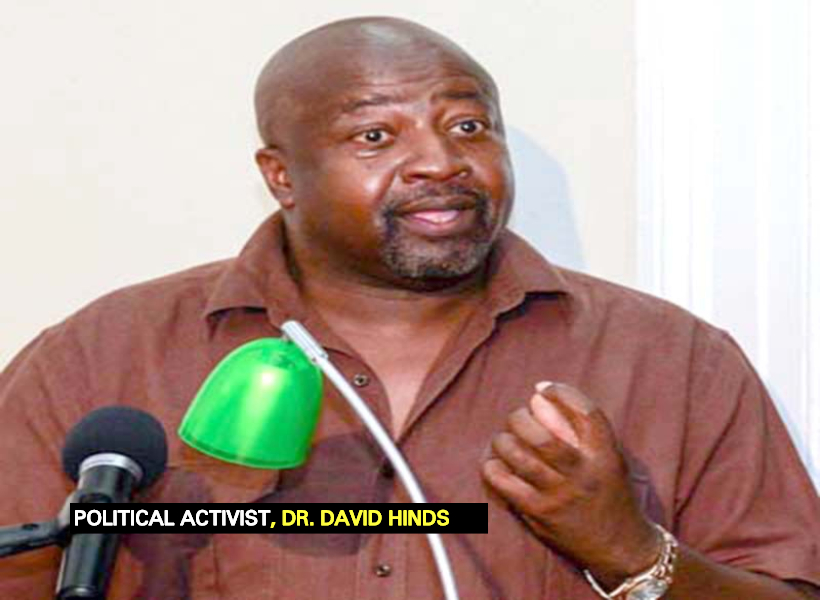
He said, “I think one of the credits we have to give to this government is that it restored some level of the rule of law to Guyana. And I think that the issues surrounding the No-Confidence Vote have less to do with violating the rule of law and more to do with our inability to update our Constitution and bring it in line with the demands of the present.”
The University Professor continued, “The requirements for a successful No-Confidence vote are not explicit in the Constitution and this is where the problem comes in. I think we can accuse the Government, however, of taking advantage of loopholes but it is too harsh to accuse them of violating the rule of law.”
In this regard, Dr. Hinds reminded that President, David Granger unilaterally appointed the GECOM Chairman, Justice retired James Patterson.
The political activist said, “He [Granger] took advantage of the leeway that that process allowed but I don’t think he violated the rule of law by appointing James. He took advantage of the weaknesses in the process.”
Dr. Hinds added, “The government also took advantage of the right to judicial review and, in the process, it paid little attention to the constitutional mandate arising out of a successful No-confidence vote. In my estimation, they should have managed the two.”
Further to this, Dr. Hinds told the Guyana Standard that the Government also abused the situation at GECOM and the fact that it is not a politically independent institution.
“If fact, it has never been an independent institution. In the same way, it is taking advantage of the opening that has come about of the ruling of the Court of Appeal [which states that the No-Confidence Motion was not validly passed]. It is using this period for partisan political advantage insofar as it is doing things that it should have done three to four years ago, such as all these outreaches and projects and so forth,” he said.
He added, “Since they have been in office, there have been one or two instances I can think of where it pushed the envelope when it comes to respecting the Constitution but surely it has shown more respect for the rule of law than the Burnhamite and Jagdeo Governments that followed.”
TIGI Head, Dr. Troy Thomas
As for the head of Transparency International Guyana Inc. (TIGI), Dr. Troy Thomas, the track record of the government when it comes to respecting the rule of law can be described as “checkered.”
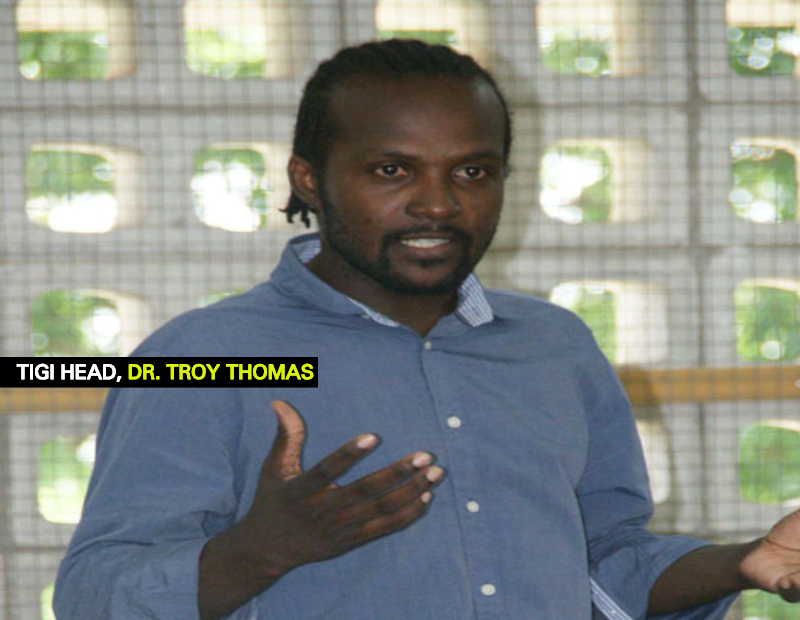
But politicians generally, he said, can be seen through such lens.
“Politicians generally seem to want to obey the law or respect it but only when it suits their purpose. The Government raised the dual citizenship provision as an issue because its power was threatened. Now you are hearing that they want to address that as quickly as possible so some of its own can stay in power as opposed to fighting for the reform of campaign financing laws, for example,” the TIGI Head expressed.
Dr. Thomas then noted that, when the court ruled that the unilateral appointment of the GECOM Chair by the President was legal, it also called for an explanation on the 18 other nominees who were rejected. Dr. Thomas noted that this aspect of the ruling was not respected.
The TIGI Head said that when it comes to obedience for the law, the wheels are not falling off, but, “there are enough signs to warn us that we should not become complacent with respect to obeying it.”
Dr. Thomas added, “Another case I can point to is the ruling of High Court on the No-Confidence Motion which said the motion was valid. The Government cannot claim that it knew beforehand that the Appeal Court would have overruled that decision.”
“Yet, even as it had moved to challenge the High Court’s ruling in the Appellate Court, there was not enough signs of the government trying to respect the High Court’s ruling. So I feel like we were at the precipice of violating the Constitution or the rule of law because there was a clear ruling and not enough was done to show that they were going to honour that ruling. I didn’t see enough intention to comply.”
Dr. Thomas concluded that the Government and even the country dodged a bullet where this matter is concerned. But he cautioned nonetheless that it could have been disastrous.



